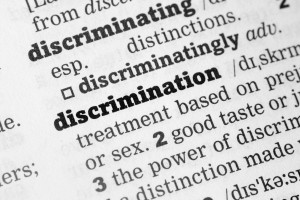 Implementation of the new rules extending the minimum wage protections to home care employees have been delayed. Comprised of about two million workers nationwide, this low wage labor group remains marginalized and disenfranchised even as the national debate over fair wage compensation heats up.
Implementation of the new rules extending the minimum wage protections to home care employees have been delayed. Comprised of about two million workers nationwide, this low wage labor group remains marginalized and disenfranchised even as the national debate over fair wage compensation heats up.
As is the case with undocumented labors these “companionship services” workers perform the jobs that few Americans are willing to do. These are the people who execute invisible and often unpalatable tasks for the home bound, including bathing, transferring, toilet assistance, meal preparation and help eating, toilet assistance and sometime housecleaning. In most cases, the job requires attention to the personal and private needs of the elderly and infirm.
According to the original rules – which are essentially unchanged since 1975 – companionship workers were “exempted” from anything like fair labor protections under the Fair Labor Standards Act (FLSA). As applied by the FLSA in this case, “exempted” is an ironic term that normally means one is excused from something undesirable. Up until the rule change in the fall of 2013, companionship workers were not covered by the Federal minimum wage laws and not required to be paid overtime after 40 hours. This is understandable to a large degree, because the original exemption was intended to cover so called “elder sitters” whose primary function really was to provide companionship. A lot has changed in the health care business since then, and courts have generally interpreted the definition of companionship workers broadly. That means even more workers were exempted from wage protections over the years.
 Chicago Business Attorney Blog
Chicago Business Attorney Blog










